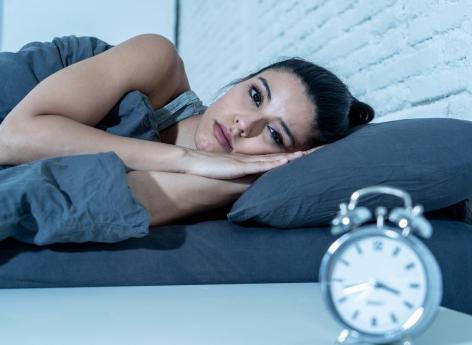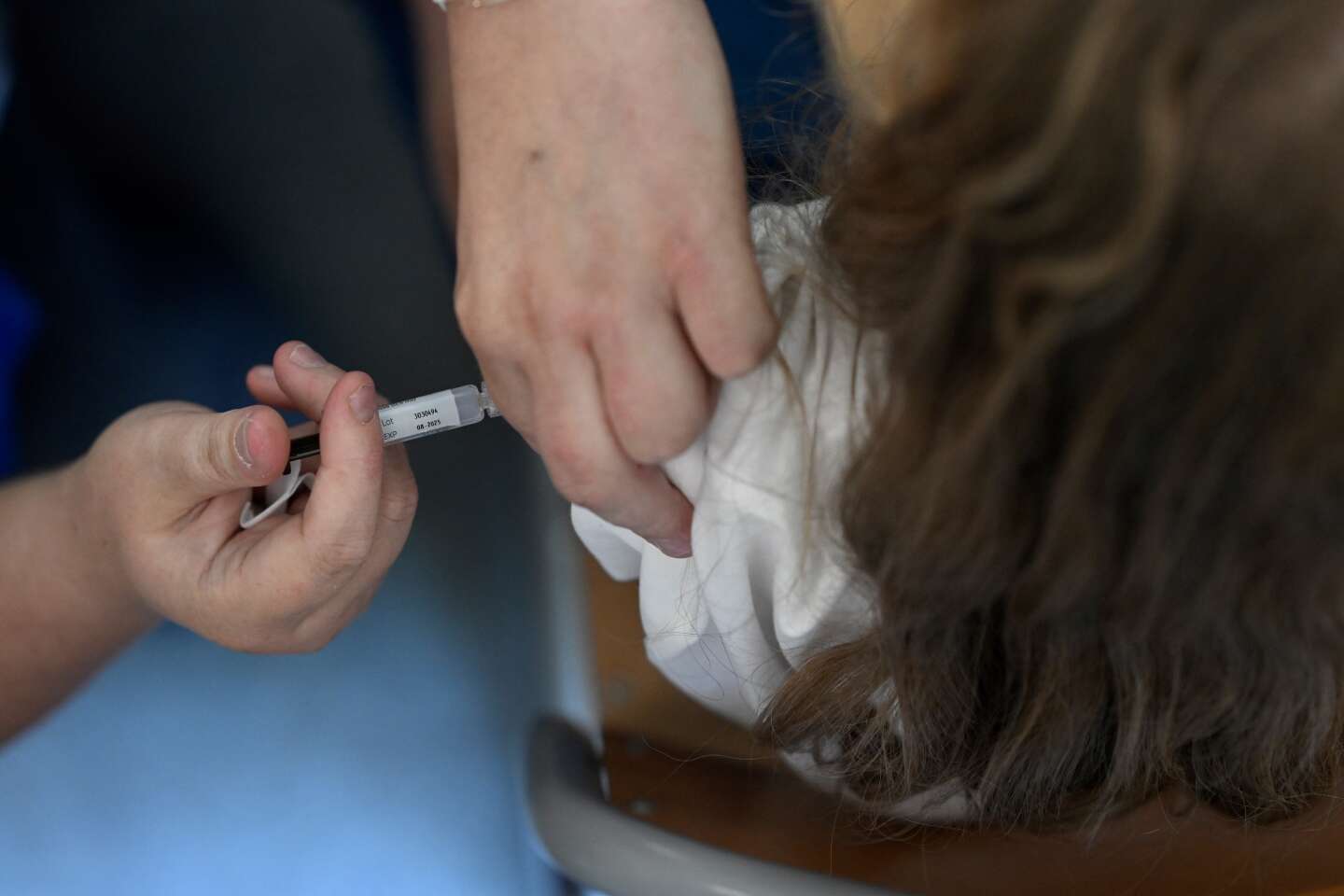Disturbances of the biological clock affect mental health

Sleep, internal clock and mental health are closely linked. Disturbances in sleep quality, continuity, and synchronicity may exacerbate or aggravate psychotic symptoms in susceptible individuals. According to previous research, 32% of adults with bipolar disorder fall asleep and wake up later than usual. Their biological clocks were seven hours ahead during a manic episode and four to five hours behind during a depressive phase. At the same time, it has been proven that treatments targeting disruption of sleep and circadian rhythms can alleviate psychiatric disorders.
Adolescence: “Physiological Changes” Linked to Sleep with “Behavioral Changes”
“Despite progress in elucidating the underlying mechanisms, a coherent approach that integrates the dynamic interactions between psychiatric disorders and sleep and circadian rhythm processes is lacking,” An international team of researchers said. So, in a recent study, they looked at findings in adolescents and young adults, who are at the highest risk of developing psychiatric disorders and for whom early diagnosis and intervention would be most beneficial.
“During adolescence, physiological changes in the way we sleep are coupled with behavioral changes, such as going to bed later, sleeping less on school nights, and sleeping in on weekends. -ends”, Explained to scientists. According to Nicholas Mayer, lead author of the work published in the journal Proceedings of the National Academy of Sciences, this variability in sleep duration and timing can lead to a mismatch between the biological clock and the sleep-wake rhythm. This can increase the risk of sleep disturbances and adverse mental health effects.
Depression, neurosis: Adults genetically predisposed to biological clock disorders are at risk
As part of the study, the authors also examined the role of genes, exposure to light, neuroplasticity and other potential factors. According to the results, people who are genetically predisposed to a decrease in the level of activity between the phases of rest and wakefulness suffer from depression, mood instability and neurosis. Population surveys have shown that time spent outdoors is associated with a lower likelihood of mood disorders.
“Targeting risk factors related to sleep and circadian rhythms offers the opportunity to develop new preventive measures and new therapies. Some of these are population-level considerations, such as the daily schedule of school and work, or modification of the built environment to optimize light exposure. Other individual There are individualized interventions tailored to circadian parameters.” said study co-author Rensk Locke.





